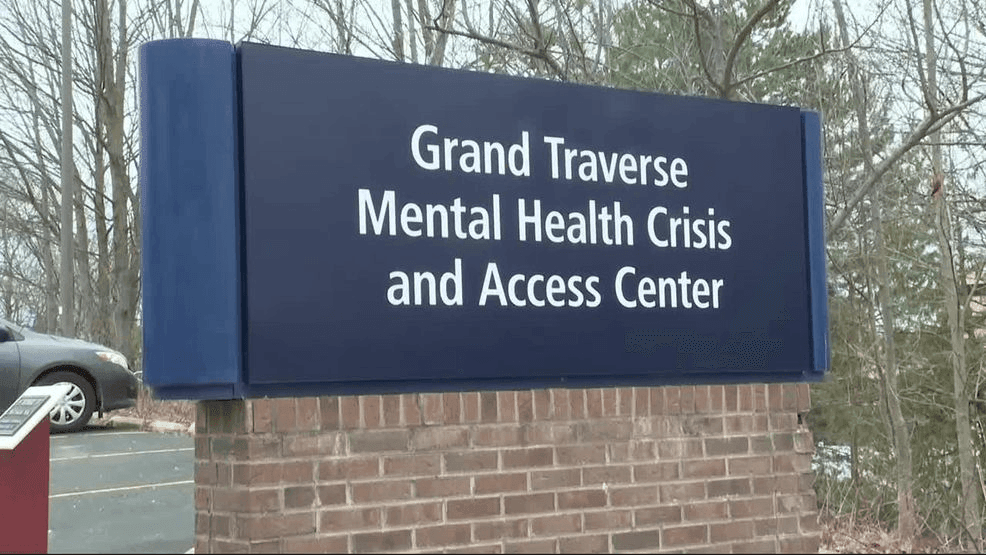GRAND TRAVERSE COUNTY, Mich., (WPBN/WGTU) — Grand Traverse County Commissioners received an update from Munson Healthcare officials Wednesday on the new Mental Health Crisis Center that opened in January.
Munson officials reported they are moving into phase three of operations.
The center has been open for almost eight months.
“We have kind of reached the point where this is the first time that these services are being offered in northern Michigan. This is the first psychiatric urgent care, really, north of Grand Rapids,” Munson Healthcare Chief Operating Officer Laura Glenn said.
The center is a joint venture with Munson Healthcare and Northern Lakes Community Mental Health.
Right now, the center is moving from phase two to phase three operations.
Part of phase two was expanding access to center to 24/7 care.
“We saw 58 urgent care visits and over 100 crisis center contacts. So, what you should take away from this is our volume is increasing,” Glenn said. “And so, with the expansion to 24/7, with the opening of the urgent care, we are serving more individuals in that location. And our goal, again, has been to address those behavioral health crises upstream, avoid emergency department visits, decompress our jails, and ultimately reduce the need for inpatient admissions within this community.”
Glenn said in the first six months of operation, the center saw almost 280 individuals from 20 different counties.
The majority of patients Glenn said are from Grand Traverse County.
“So, what is up next? Phases three and four bring crisis residential beds to the crisis center,” Glenn said.
She said the plan is to add nine adult psychiatric beds.
She notes the licensing process to do this is taking longer than expected, with no set date to move into phase three yet.
“Because of the fact that we are co-locating multiple services under one roof, it’s the right thing for sustainability long term, makes the licensing process complicated,” Glenn said.
In the next three years, Glenn said the goal is to ramp up volumes to see more patients a day.
For now, she said staff are pleased with how things are going.
“I would say our experience to date is that the majority of crises are able to be resolved,” Glenn said. “Individuals are referred for follow up within the community, and we’ve only had 10 visits that have resulted in an inpatient admission.”
Glenn also spoke about the nationwide issue of Medicaid users losing coverage.
She estimates 10 to 20% of Medicaid users will start paying out of pocket.
It’s an issue she said needs to be talked about more with community organizations.

